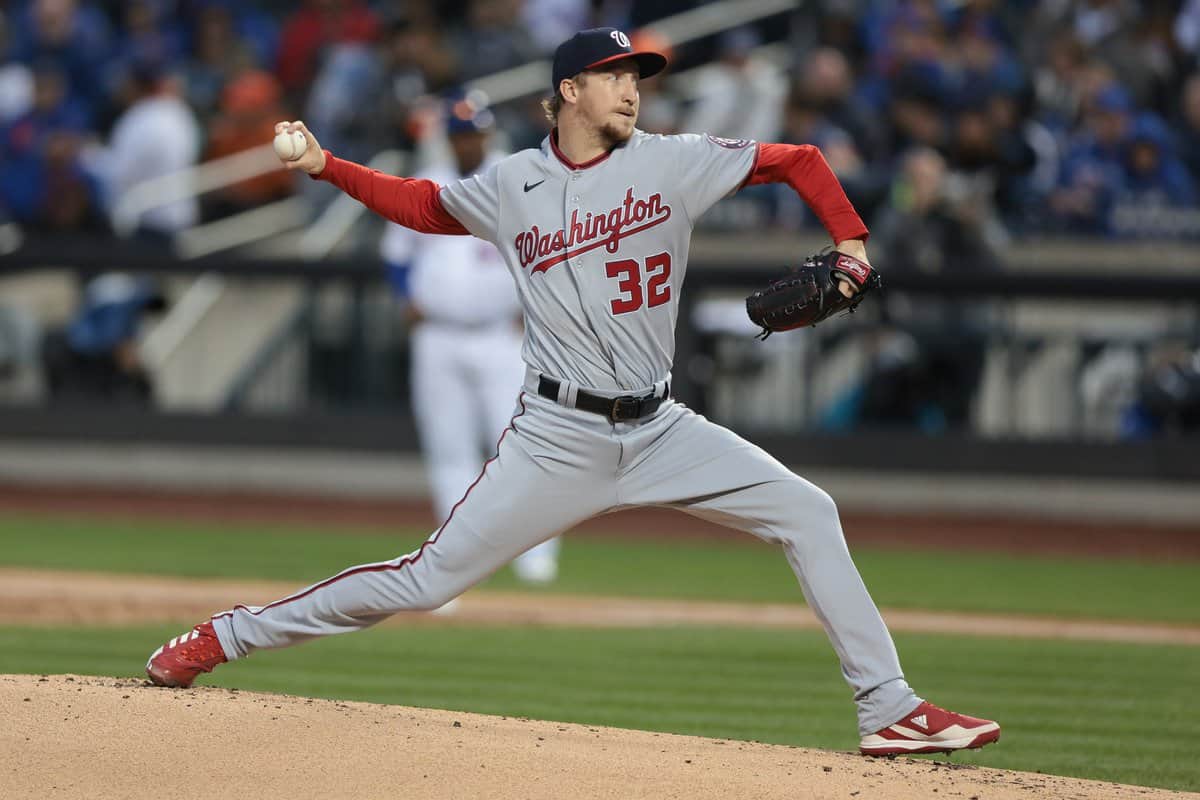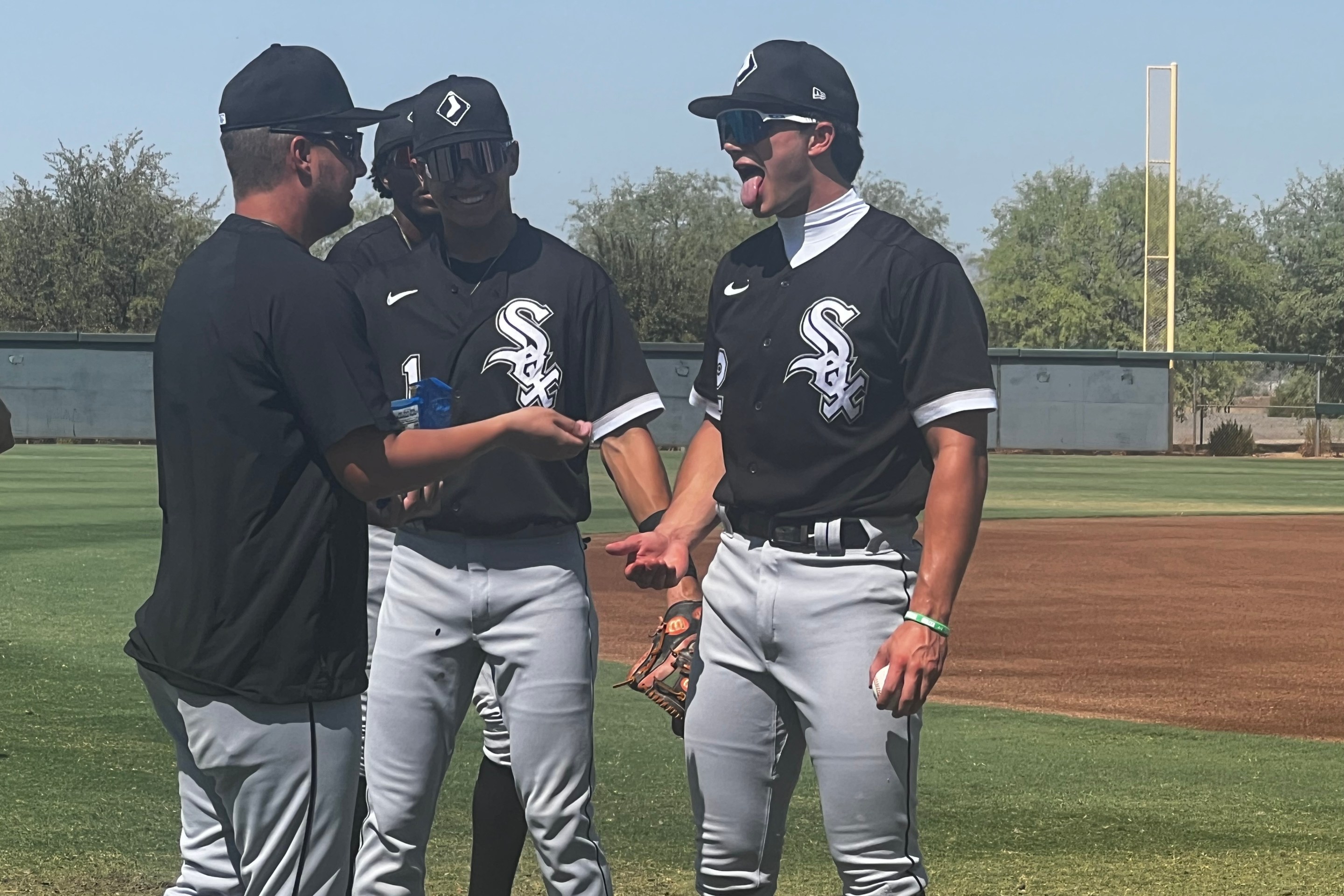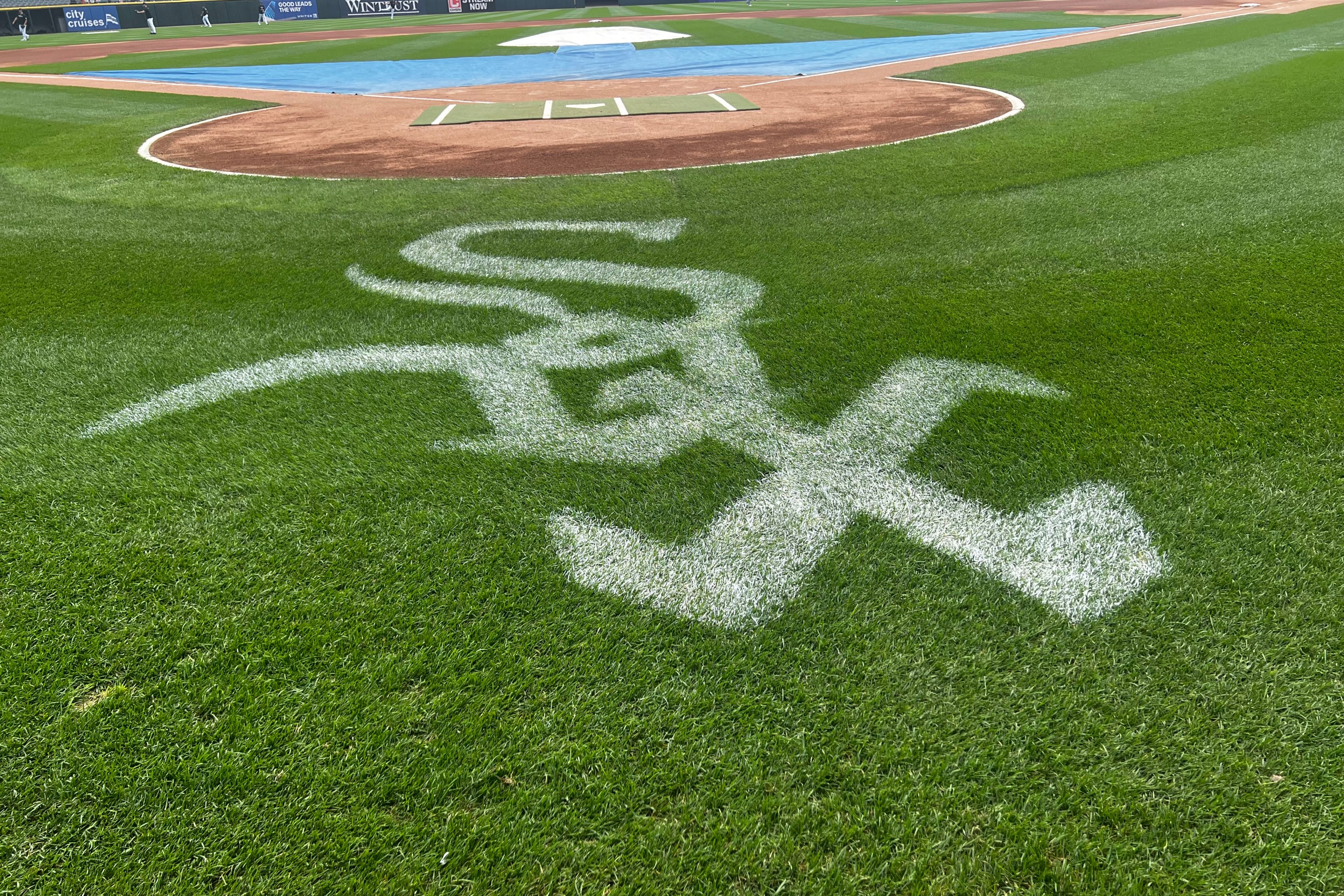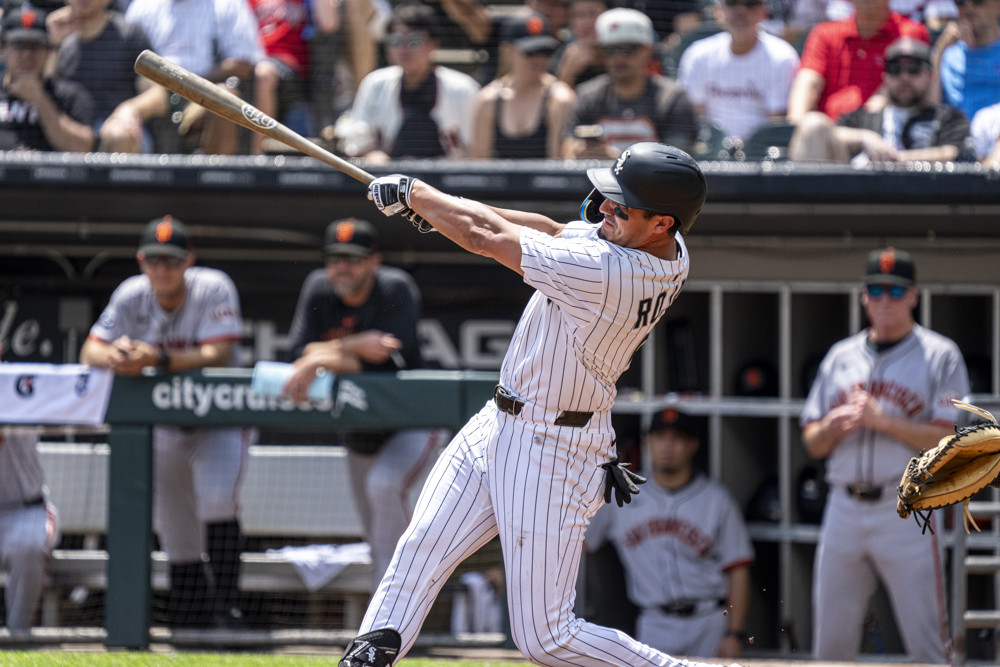Erick Fedde is officially on board, and the White Sox made room on the 40-man roster Wednesday by designating Yohan Ramirez for assignment.
(What was your favorite moment of the Yohan Ramirez Era? Mine was when he hit a guy, but the Sox just picked Jose Ramirez in the minor-league phase of the Rule 5 draft to do the same thing.)
In a world where every free agent is more or less crushing his FanGraphs crowdsourced contract projection, Fedde's two-year, $15 million deal is the most promising version of a Chris Getz Move to date.
Granted, Getz is only in his first months as a general manager, and it appears as though he's instructed to reduce payroll to a significant degree, so this entire discussion could have a pretty short shelf life, but there is a distinct thread tying together just about all of his moves to date.
A Chris Getz Move:
- Cuts costs
- Isn't expected to be good
- Promises a distinct improvement in a secondary area to distract from 1) and 2)
Nicky Lopez and Paul DeJong represent defensive improvement on the infield, and while it's unknown whether Max Stassi can recapture any of his 2021 form after missing an entire season, he'll be replacing an end-of-the-line Yasmani Grandal while making the league minimum, so the bar and the stakes are as low as they get.
Fedde can be penciled in as the White Sox's No. 2 starter as long as Dylan Cease is around, which means he's a cheaper version of the role Lucas Giolito or Lance Lynn occupied the year before. He also signed for a $7.5 million average annual value where the going rate for mid-rotation starters is double that. If he could be considered a lock for "passable," the White Sox probably would've had to pay him at least Kenta Maeda money.
Still, Fedde provides a pleasing amount of mystery after being named MVP of the KBO, especially since he overhauled his approach to physical preparation and revised his arsenal to emphasize a new sweeper and an improved changeup, so there's a little more to this case study than traditional Best Shape of His Life material.
In the event the KBO accomplishments are mere window dressing, the White Sox still need innings from bodies. Unlike the Royals, who were apparently interested in Fedde but have since signed Seth Lugo while being tied to other third-tier free agents, the Sox don't need Fedde to be good. Sure, they'd love it if he were, because then they'd have a real midseason trade candidate out of nowhere, but even Fedde's stateside history would hold some appeal to the White Sox.
I say that because his 2021 and 2022 seasons reminded me of a White Sox pitcher with whom fans have first-hand experience. Compare these two pitchers with their labels removed:
Pitcher A is Fedde, which, simple enough.
Pitcher B is Jose Ureña, extrapolated to Fedde's innings total. He only totaled 198 while bouncing between the bullpen and rotation for the Tigers, Brewers and Rockies, none of whom had invested a first-round pick in him.
Ureña stayed stateside with Colorado and had a miserable April, spent the next four months in the Nationals system, shifted to Charlotte in August, then surfaced with the White Sox to throw five decent starts in September. Had Fedde not explored the opportunity of playing internationally, it's pretty easy to imagine him following the same path.
Instead, he had a series of epiphanies, and now we'll see if that means he's capable of replacing Giolito. The pressure is far from enormous, because it just so happens that the Sox also need somebody to replace Ureña.






